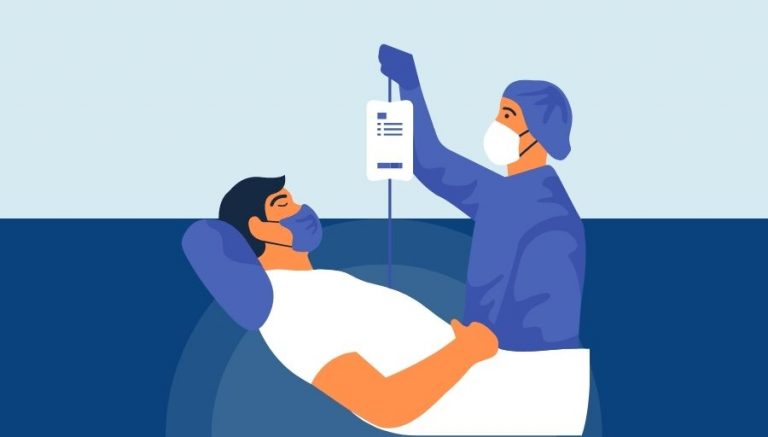How To Use CPT Code 81216
CPT 81216 describes the full sequence analysis of the BRCA2 gene, which is associated with hereditary breast and ovarian cancer. This article will cover the official description, procedure, qualifying circumstances, appropriate usage, documentation requirements, billing guidelines, historical information, similar codes and billing examples.
1. What is CPT Code 81216?
CPT 81216 is used to analyze the entire gene sequence of the BRCA2 gene, also known as BRCA2, DNA repair-associated gene. This test is performed by a lab analyst using a specimen such as blood. The analysis helps in assessing the risk, diagnosis, and treatment planning for breast or ovarian cancer, especially in patients with specific ethnic or family histories.
2. Official Description
The official description of CPT code 81216 is: ‘BRCA2 (BRCA2, DNA repair associated) (eg, hereditary breast and ovarian cancer) gene analysis; full sequence analysis.’
3. Procedure
- The lab analyst performs technical steps to analyze the full gene sequence of BRCA2 using a specimen such as blood.
- The process involves extracting nucleic acids, amplifying the quantity of nucleic acid for analysis using methods like polymerase chain reaction (PCR), and detecting the target genes.
- The analysis helps in assessing the risk, diagnosis, and treatment planning for breast or ovarian cancer, as well as other associated cancers.
4. Qualifying circumstances
CPT 81216 is ordered by clinicians to aid in breast or ovarian cancer risk assessment, diagnosis, and treatment planning for patients with specific ethnic or family histories. The analysis focuses on the BRCA2 gene, which is a tumor suppressor gene associated with breast and ovarian cancer, as well as other cancers such as prostate, pancreatic, fallopian tube cancer, and melanoma.
5. When to use CPT code 81216
CPT code 81216 should be used when there is a need to analyze the full gene sequence of the BRCA2 gene for breast or ovarian cancer risk assessment, diagnosis, or treatment planning. It is important to consider the patient’s specific ethnic or family history when determining the appropriateness of this code.
6. Documentation requirements
To support a claim for CPT 81216, documentation should include:
- Indication for the test, such as breast or ovarian cancer risk assessment, diagnosis, or treatment planning
- Specific details of the technical steps performed, including specimen type and methods used for extraction, amplification, and detection
- Date of the test
- Results of the analysis
- Signature of the lab analyst performing the test
7. Billing guidelines
When billing for CPT 81216, ensure that the test is performed by a lab analyst and that the documentation supports the medical necessity of the test. It is important to distinguish between CPT codes 81216 (full gene sequence analysis), 81167 (full duplication/deletion analysis), and 81217 (known familial variant) for the BRCA2 gene. Additional codes may be reported for specimen collection or prep work, if applicable.
8. Historical information
CPT 81216 was added to the Current Procedural Terminology system on January 1, 2012. There have been no updates to the code since its addition.
9. Examples
- A patient with a family history of breast cancer undergoes CPT 81216 to assess their risk for developing the disease.
- A patient of Ashkenazi Jewish descent undergoes CPT 81216 to evaluate their risk for hereditary breast and ovarian cancer.
- A patient with a known BRCA2 mutation undergoes CPT 81216 to monitor their response to treatment for breast cancer.
- A patient with a family history of ovarian cancer undergoes CPT 81216 to aid in the diagnosis of a suspected genetic predisposition.
- A patient with a personal history of breast cancer undergoes CPT 81216 to guide treatment decisions and assess the risk of recurrence.
- A patient with a family history of prostate cancer undergoes CPT 81216 to evaluate their risk for BRCA2-associated cancers.
- A patient with a family history of pancreatic cancer undergoes CPT 81216 to assess their risk for BRCA2-related cancers.
- A patient with a family history of fallopian tube cancer undergoes CPT 81216 to aid in the diagnosis of a suspected genetic predisposition.
- A patient with a family history of melanoma undergoes CPT 81216 to evaluate their risk for BRCA2-associated cancers.
- A patient with a personal history of breast cancer undergoes CPT 81216 to assess their risk for developing ovarian cancer.


